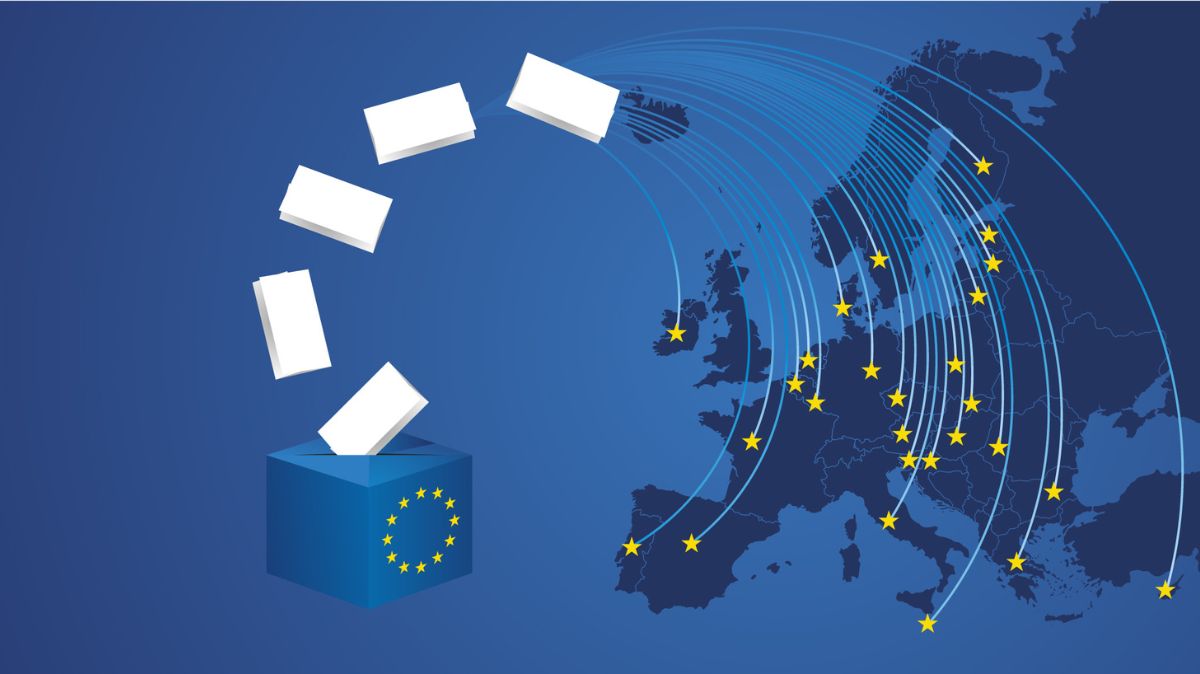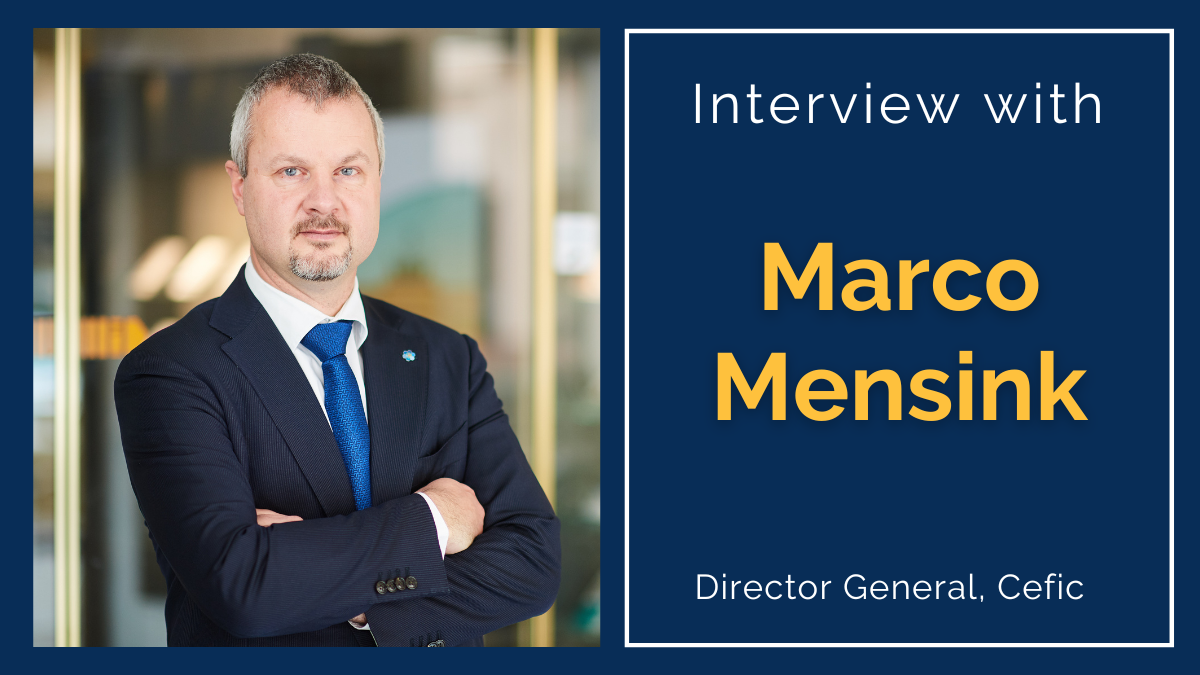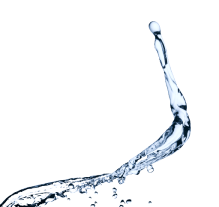Interview with Pietro Francesco De Lotto, President of the Consultative Commission on Industrial Change (CCMI), Coordinator of the EU Blue Deal flagship initiative of the European Economic and Social Committee (EESC).
The EESC launched the call for an EU Blue Deal last year. What do you hope to achieve with this?
In Europe, we have taken access to water for granted for a long time. But the world and our continent are facing increasing water-related challenges. At EU level, legal frameworks exists, but there are problems with implementation, insufficient funding as well as lack of political will and policy coherence. Many EU policies, such as industrial policies or agriculture, do not address water challenges in an appropriate way. We need measures at EU level to safeguard clean water for people and our natural ecosystems, and to ensure a true transition to sustainable water use in all areas of society. Our aim is to see water at the top of the EU political agenda and therefore embedded in all EU policies.
After the launch of the EU Blue Deal, how is the EESC following up on this?
Firstly, we have seen a lot of positive interest towards the initiative from organised civil society and requests to organise follow-up activities on this thematic. In parallel, we continue to engage with the EU institutions and key stakeholders to push for the Blue Deal as a new priority for the EU in the next years to come. At our February EESC Plenary, EC Vice-President Šefčovič confirmed that our Blue Deal proposals will very much feed into the Commission’s upcoming work on water. In our consultative role, we are working on opinions, including the Water Resilience Initiative, and notably also on industrial technological approaches supporting a water resilience. We are also in an active dialogue with the Member States and with the wider civil society organising follow-activities and events. For instance, the EESC Civil Society Week will see an event on youth engagement and citizen participation centered around water, and other events on the Blue Deal are taking place across Europe.
In the context of the Blue Deal, how do you see the Water Resilience Initiative and the fact that it has now been postponed?
We see the uncertainty around this key initiative as a worrying sign regarding the EU’s determination to tackle the water crisis, which is already impacting citizens, farmers, industries, our natural environment and society as a whole. We stand by our position: Europe needs an EU Blue Deal. Considering the vital nature of water and the magnitude of the challenges ahead, water cannot be limited to a purely environmental policy within the Green Deal, but must be adopted as an independent strategic priority, complementing the decarbonisation strategy and integrated into all EU policies. We urge the Commission to publish the Water Resilience Initiative without delay and are ready to contribute to the reflection process on Europe’s water future.
Water Europe unveiled its updated vision for a Water-Smart Society last year. How can the Water Europe vision for a Water-Smart Society and its implementation tools, the Water-Oriented Living Labs (WOLLs) can contribute to the implementation of the EU Blue Deal?
Our Blue Deal proposals and Water Europe’s vision for a water-smart society are very much aligned. We support the need for a paradigm shift in the way we value and use water in our society and the need to focus on water security, sustainability and long-term water resilience. Investments in innovations, infrastructures and technologies are key in achieving this goal. The best practices and real-life demonstrations provided by Water Europe’s living labs contribute to the development of new technologies, business models and innovations and can also provide input to new policies that support the EU Blue Deal vision.



